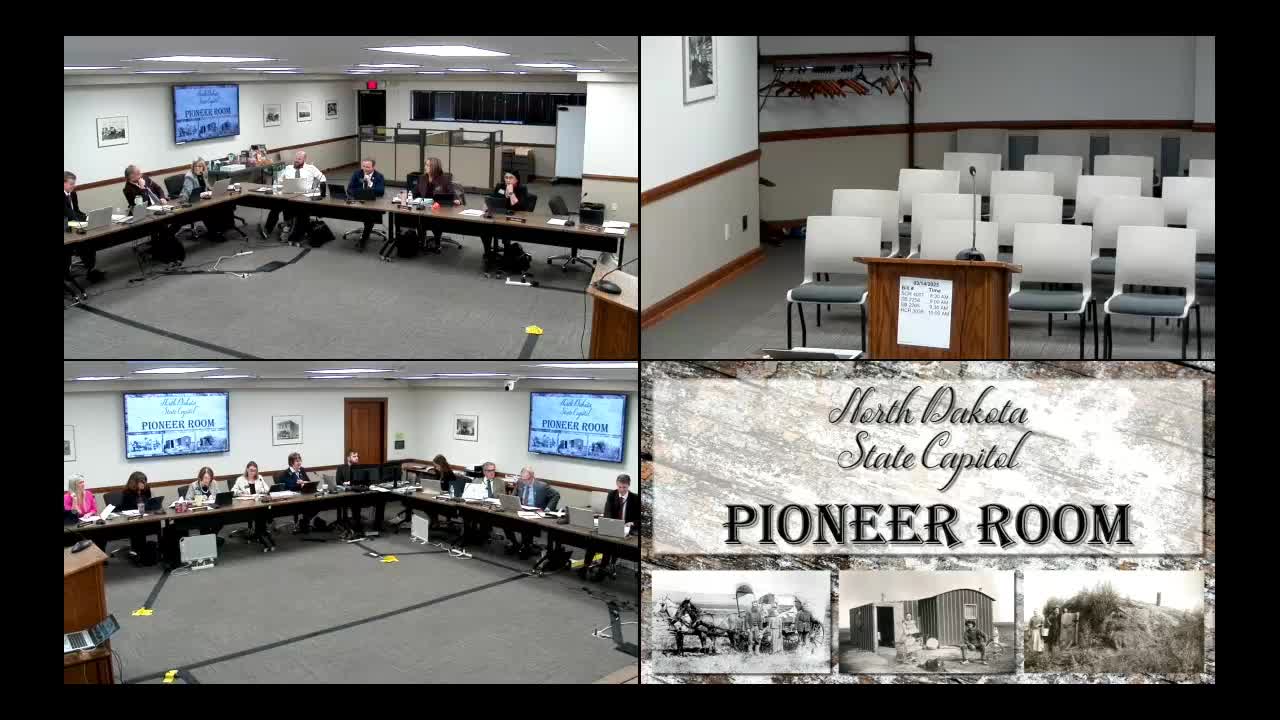Article not found
This article is no longer available. But don't worry—we've gathered other articles that discuss the same topic.
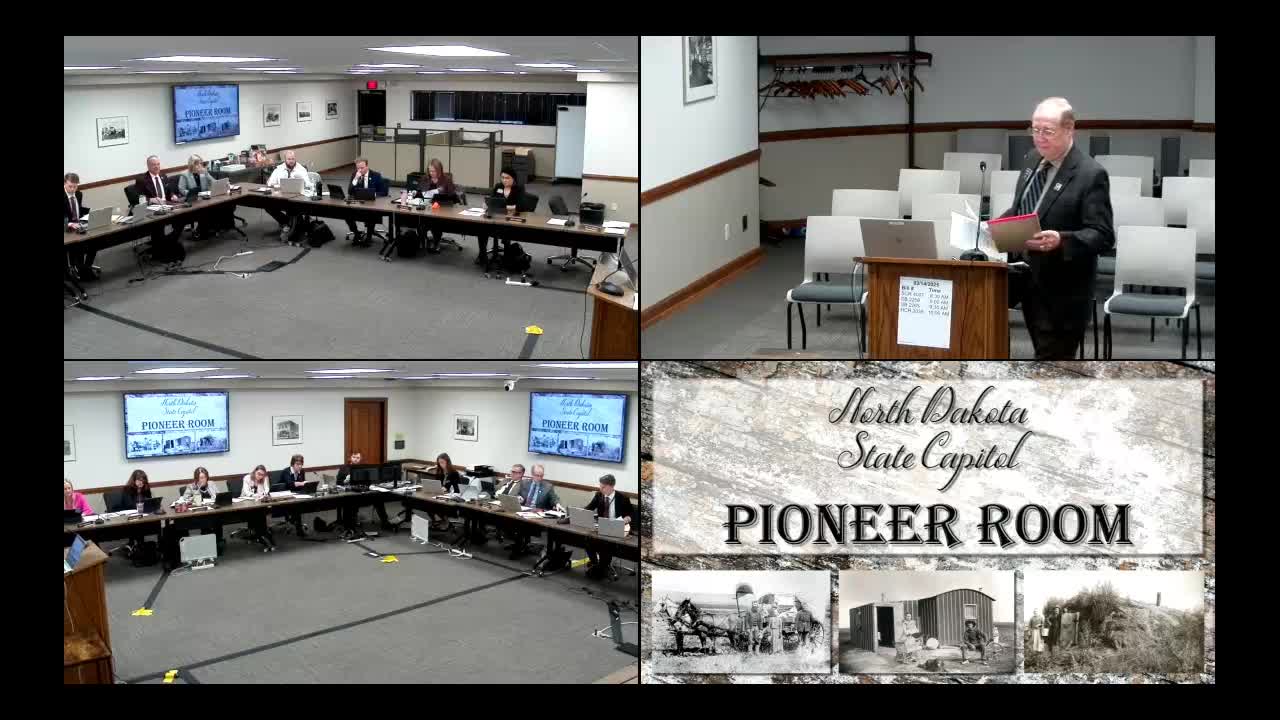
Representative Proposes Allowing Annual Sessions or Longer Total Days; Committee Debates Tradeoffs
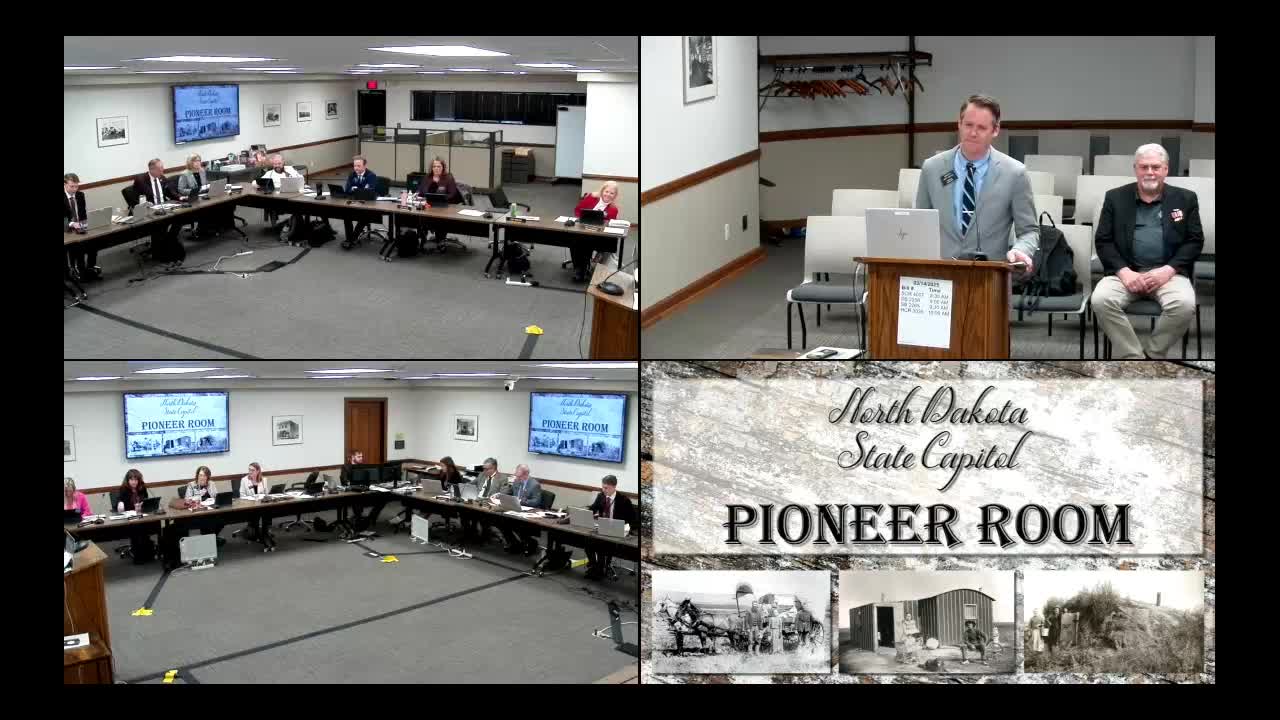
Fargo Memorial Honor Guard and Veterans Groups Urge State Help for Cemetery Memorial Center
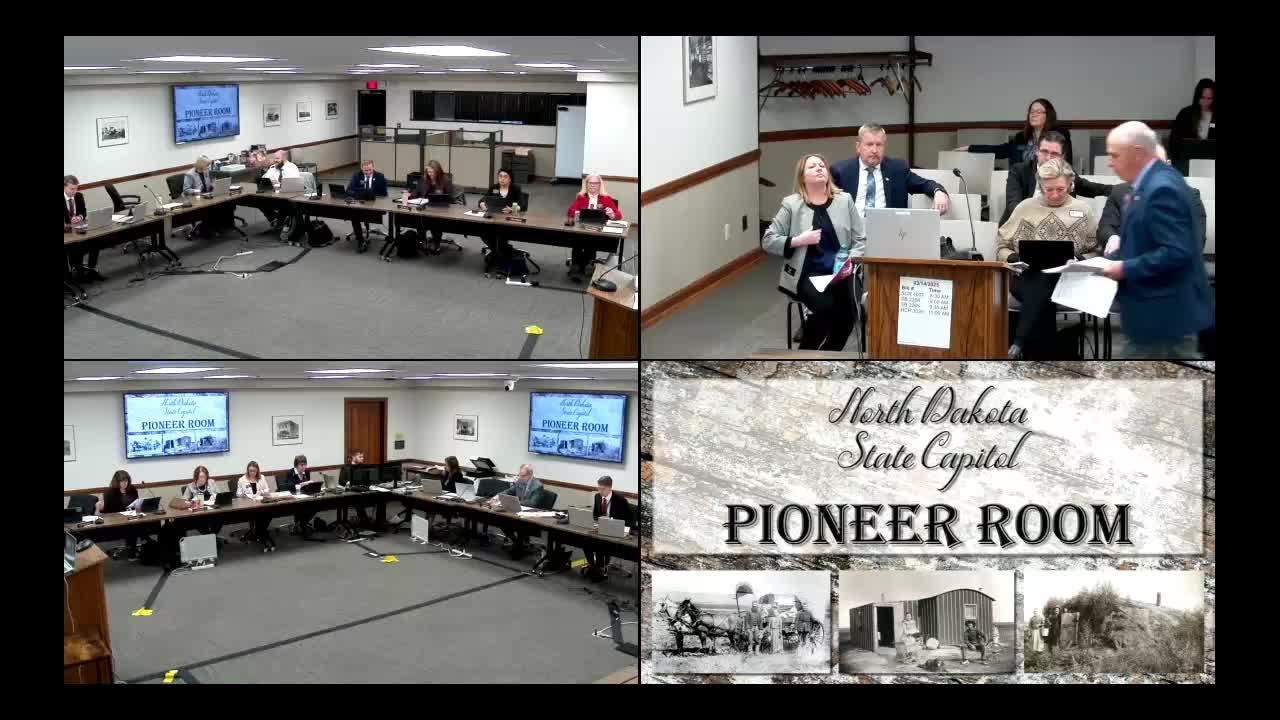
Committee Hears Pitch for $15 Million to Expand NDSU Research and Technology Park’s Robotics Program
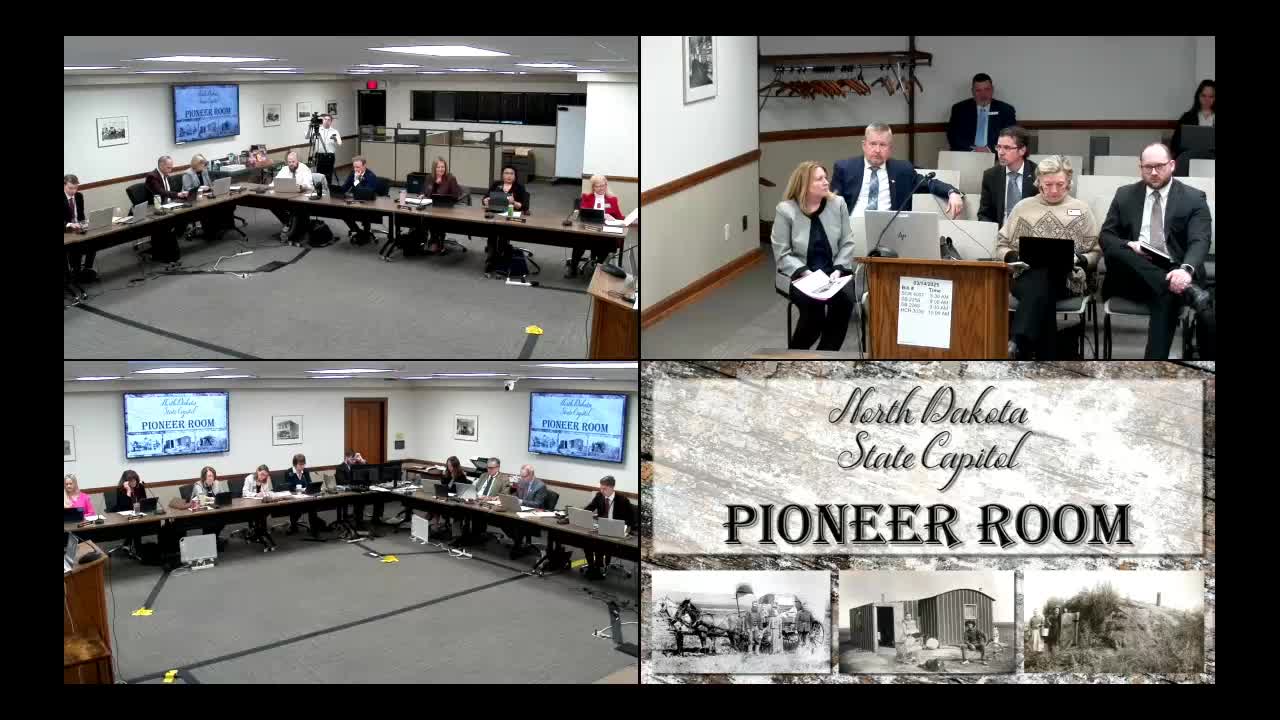
Committee Hears Support and Opposition for Single‑Subject Requirement for Constitutional Amendments
